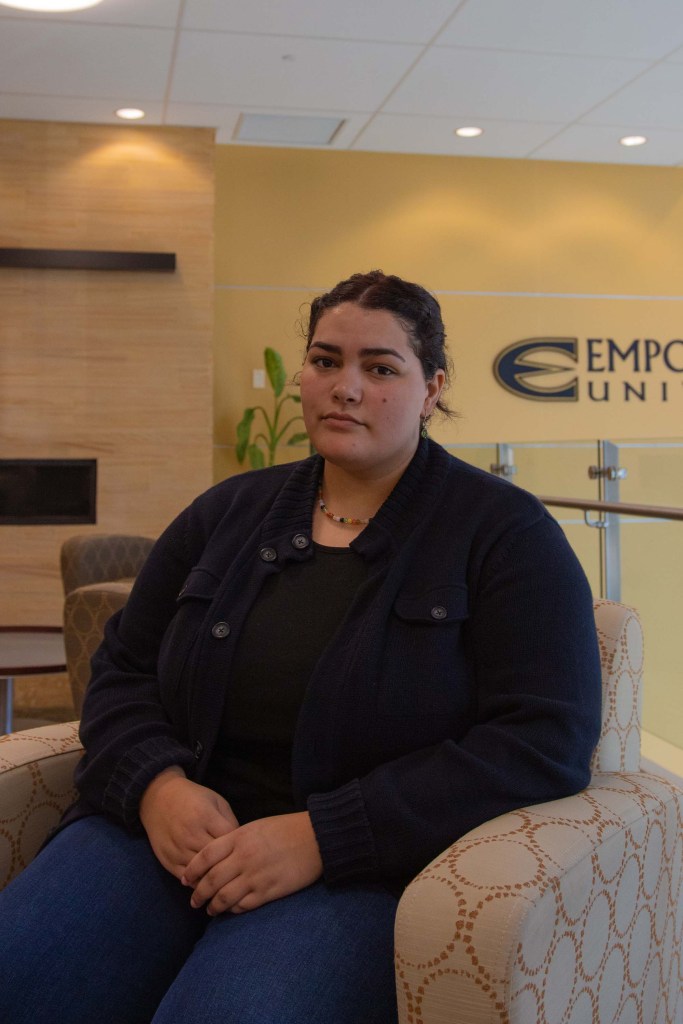Rural universities, already few and far between, are being stripped of majors
, 2022-12-16 07:00:00,
EMPORIA, Kan. — When Adia Witherspoon was growing up in the south-central Kansas town of El Dorado, her single mother told her that “the only way to get away from poverty or El Dorado was to go to college.”
There was a community college near where she lived, but there were no public universities, or even private ones, close by — and if there had been a private college, she said, she likely wouldn’t have been able to afford it.
So Witherspoon enrolled about 60 miles up Interstate 35 at public Emporia State University, picked a major in earth science and started studying computer coding.
“Coming here there are so many things I’ve learned about the world that I wouldn’t have otherwise learned,” she said. “I mean, I didn’t know I could become a coder.”
Then the university announced that, because of budget and enrollment problems, it was canceling her program and cutting, merging or downgrading programs and majors in English, physics, history, political science, chemistry, a dual-degree program in engineering and science mathematics, all language courses except Spanish and minors in French, German, journalism and geography.
“If I was still a high school senior,” said Witherspoon, who is scheduled to graduate in the spring, “I wouldn’t come here.”
Rural young people who aspire to a higher education have long had fewer choices than their urban and suburban counterparts, contributing to far lower rates of college-going. Now many of the universities that serve them are eliminating large numbers of programs and majors.
That means the already limited number of options available to rural students are being squeezed still further, forcing them to travel even greater distances to college than they already do or give up on it altogether.
“This is just the next in a long line of issues where rural folks are told by people who are not rural what they’re going to have and not have, and that they should feel lucky to have anything,” said Andrew Koricich, an associate professor of higher education at Appalachian State University and executive director of the Alliance for Research on Regional Colleges.
Administrators…
,
To read the original article from news.google.com, Click here



 Private Internet Access gives you unparalleled access to thousands
of next-gen servers in over 83 countries and each US state. Your
VPN experience will always be fast, smooth, and reliable.
Private Internet Access gives you unparalleled access to thousands
of next-gen servers in over 83 countries and each US state. Your
VPN experience will always be fast, smooth, and reliable.




